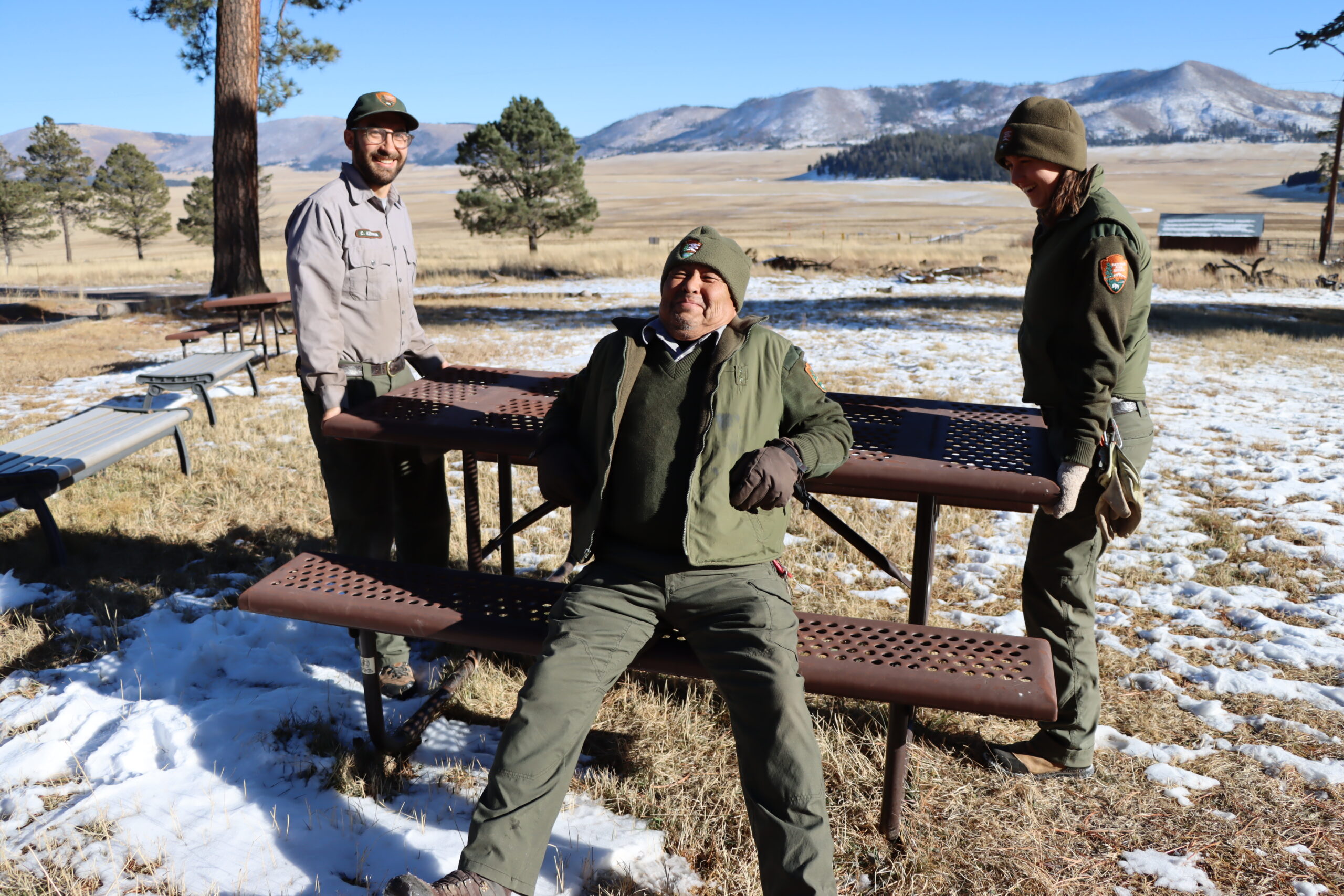Introduction
Relocating for a job opportunity in the United States can be both an exciting and challenging endeavor. Whether you’re pursuing your dream job, career advancement, or a fresh start, planning and preparation are key to ensuring a successful transition. In this comprehensive guide, we’ll walk you through the essential steps and considerations when moving to the U.S. for work.
Navigating the U.S. Immigration Process: Before packing your bags, it’s crucial to understand the U.S. immigration process. Depending on your situation, you may need to secure a work visa, such as an H-1B visa for skilled workers or an L-1 visa for intra-company transfers. Navigating the visa application process can be complex, so seeking legal guidance and ensuring your documentation is in order is essential.
Cost of Living Analysis: The United States boasts a diverse range of cities, each with its own cost of living. Research the expenses associated with your chosen destination, considering factors like housing, transportation, healthcare, and education if you have a family. Creating a detailed budget will help you manage your finances effectively.
Cultural Adjustment: Moving to a new country often comes with cultural adjustments. Familiarize yourself with American customs, etiquette, and work culture. Embracing diversity and maintaining an open-minded attitude will facilitate a smoother transition and help you build meaningful relationships both in and out of the workplace.
Healthcare Considerations: The U.S. healthcare system differs from many other countries, so understanding your healthcare options is vital. Employer-provided health insurance is common, but you’ll need to explore coverage details, including deductibles and copayments. Research healthcare providers in your area to ensure you have access to quality medical care.
Social and Networking Opportunities: Building a social and professional network in your new location can be invaluable. Attend industry events, join local organizations, and engage in community activities to meet people who can provide support and guidance as you settle into your new work environment.
Legal and Tax Implications: Consult with legal and tax professionals to understand your rights and responsibilities as an international employee in the United States. Complying with immigration laws, tax regulations, and employment contracts is crucial to maintaining your legal status and financial well-being.
Family and Education: If you have a family, consider their needs, particularly regarding education. Research schools in your area and ensure your children’s education requirements are met. Additionally, explore options for your spouse or partner, such as work opportunities or further education.
Personal and Professional Development: Moving for work is not just about your job; it’s also an opportunity for personal and professional growth. Set clear career goals and seek opportunities for advancement and skill development in your new role.
Relocating to the U.S. for a job is a significant step, and careful planning will set the foundation for a successful and rewarding experience. With the right preparation, you can embark on this exciting journey with confidence and enthusiasm.
For additional details, consider exploring the related content available here O*NET OnLine
Visa and Work Authorization
Understand Visa Types: Research the various visa categories available for foreign workers. The type of visa you need will depend on your job, qualifications, and employer.
Employer Sponsorship: In many cases, your employer will sponsor your work visa. Collaborate with your prospective employer to ensure all legal requirements are met.
“Visa Requirements: Familiarize yourself with the specific requirements for your chosen visa type. This may include educational qualifications, work experience, or specialized skills. Ensuring you meet these requirements is crucial for a successful visa application.”
Don’t stop here; you can continue your exploration by following this link for more details: Key Migration Terms, Migration Glossary | IOM, UN Migration
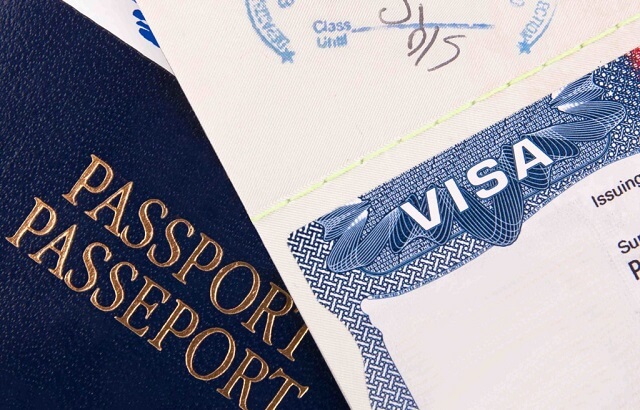
Employment Market
Job Search: Secure a job offer before relocating, if possible. Networking, online job portals, and professional recruiters can aid in your job search.
Research the Job Market: Understand the demand for your skills and qualifications in the specific city or state you plan to move to.
“Employment Opportunities: Explore the job market, identify potential employers, and customize your job search to align with your career goals. Utilize online job boards, company websites, and networking to discover employment options. Research the Local Job Market: Investigate job trends, salary ranges, and industry-specific demands in your target city or state. Understanding the local job market can help you make informed decisions about your relocation and career prospects.”
Explore this link for a more extensive examination of the topic: Technology, jobs, and the future of work | McKinsey

Visa Application
Gather Required Documents: Prepare all necessary documents, including your passport, visa application, and supporting paperwork. Follow the U.S. embassy or consulate’s guidelines for visa applications.
Certainly, here’s an extended idea:
“Gathering the required documents is a critical step in the visa application process. To ensure a smooth application experience, begin by meticulously preparing all necessary paperwork. This typically includes your passport, visa application forms, and supporting documents such as financial statements, sponsorship letters (if applicable), and any other documents requested by the U.S. embassy or consulate.
It’s crucial to be thorough and organized during this phase. Review the specific visa category you’re applying for and the embassy or consulate’s guidelines for visa applications. Different visa categories may have varying requirements, so pay close attention to detail to avoid delays or complications.
Additionally, consider making copies of all your documents and keeping them in a safe, separate location. This precaution can be invaluable in case of document loss or the need to provide additional information during the application process.
By diligently preparing and organizing your documents, you’ll significantly enhance your chances of a successful visa application and a smoother transition to life in the United States.”
To delve further into this matter, we encourage you to check out the additional resources provided here: Living in the USA – GOV.UK
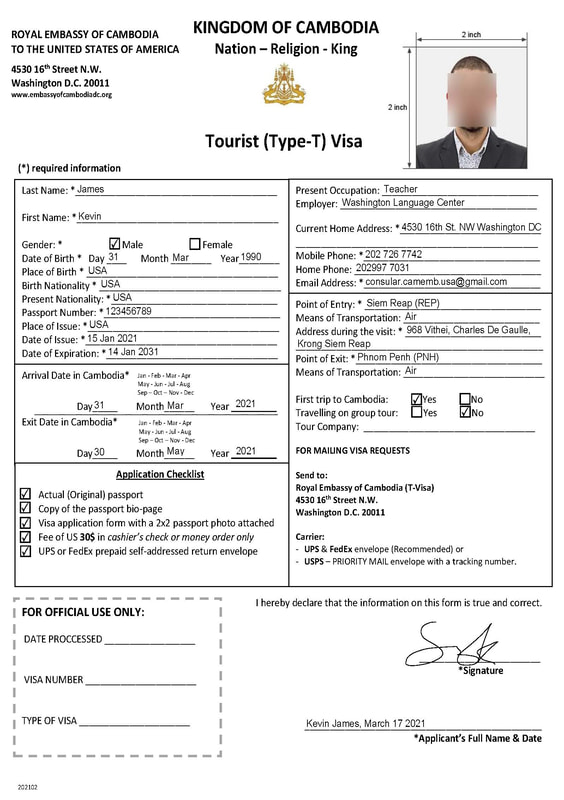
Legal Compliance
Understand Labor Laws: Familiarize yourself with U.S. labor laws, including employee rights, working conditions, and contracts.
Tax Obligations: Be aware of U.S. tax laws and regulations that may apply to foreign workers.
Cultural Sensitivity and Workplace Etiquette: In addition to understanding labor laws and tax obligations, it’s essential to develop cultural sensitivity and grasp workplace etiquette in the United States. Cultural norms and professional behaviors can vary widely from country to country. Take the time to learn about American workplace customs, including communication styles, teamwork, and expectations for punctuality and dress code. This understanding will help you navigate office dynamics more effectively and build positive relationships with colleagues.
Networking and Professional Development: Moving for a job provides an excellent opportunity to expand your professional network and further your career. Attend industry-specific events, conferences, and workshops to connect with peers, learn about the latest trends, and enhance your skillset. Networking can also help you gain insights into your industry’s landscape in the United States and open doors to new opportunities.
Financial Planning and Budgeting: Relocating for work involves various financial considerations, from covering relocation expenses to managing day-to-day finances in a new country. Develop a comprehensive financial plan that includes setting up a U.S. bank account, understanding currency exchange rates, and creating a budget tailored to your income and expenses. Building a financial safety net will provide peace of mind as you settle into your new role.
Cross-Cultural Communication: Effective communication is at the heart of a successful transition. Brush up on your English language skills if necessary, and be prepared to adapt your communication style to suit American workplace expectations. Clear and concise communication is highly valued, so practice expressing your ideas and concerns articulately.
Work-Life Balance: Balancing work commitments with personal life is essential for your overall well-being. While the United States is known for its strong work ethic, it’s equally crucial to allocate time for leisure, family, and self-care. Establish boundaries to maintain a healthy work-life balance, and don’t hesitate to discuss your needs with your employer.
Exploration and Integration: Moving to a new country offers the opportunity to explore its culture and diverse regions. Take the time to travel and discover different parts of the United States, from its bustling cities to its natural wonders. Engage with local communities, participate in cultural events, and embrace the American experience to enrich your personal growth.
Resilience and Adaptability: Relocating for work can be challenging, and you may encounter unexpected obstacles along the way. Develop resilience and adaptability as key personal traits. Stay flexible in the face of change, maintain a positive mindset, and view challenges as opportunities for growth. Your ability to adapt will not only help you overcome hurdles but also thrive in your new environment.
Relocating to the United States for a job is a transformative experience that offers numerous opportunities for personal and professional development. By thoroughly preparing and embracing the journey with an open heart and mind, you can make the most of this exciting chapter in your career.
Don’t stop here; you can continue your exploration by following this link for more details: WHD Fact Sheets | U.S. Department of Labor
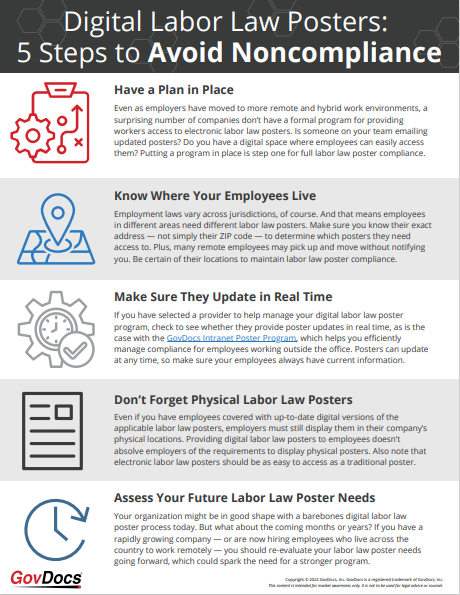
Housing Search
Secure Housing: Look for housing options near your workplace or within a reasonable commuting distance.
Rental Agreements: Review rental agreements and consider factors such as lease duration, deposit requirements, and utilities.
“Consider Your Commute: Assess the daily commute to your workplace, taking into account traffic, public transportation options, and proximity to essential amenities like grocery stores and schools. A convenient location can significantly impact your daily routine and overall satisfaction.”
To delve further into this matter, we encourage you to check out the additional resources provided here: Moving to Work (MTW) Demonstration Program | HUD.gov / U.S. …
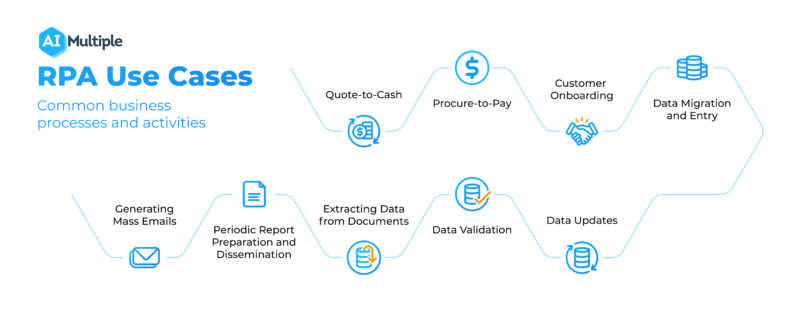
Budgeting
Create a Budget: Develop a comprehensive budget that covers living expenses, transportation, healthcare, and savings.
Emergency Fund: Set aside funds for unexpected expenses or emergencies.
“Financial Planning: Craft a detailed financial plan encompassing all aspects of your life, including housing, utilities, transportation, insurance, and leisure activities. Prioritize Savings: Allocate a portion of your income to savings and investments, ensuring a secure financial future and the ability to reach your long-term goals.”
Looking for more insights? You’ll find them right here in our extended coverage: Policy Basics: Temporary Assistance for Needy Families | Center on …

Health Insurance
Healthcare Coverage: Understand your employer’s health insurance plans and choose one that suits your needs.
Medical Records: Keep copies of your medical records and vaccinations for healthcare providers in the U.S.
Certainly, here’s an extended idea:
“Healthcare Coverage: One of the vital aspects of settling in the United States is securing proper healthcare coverage. If you’re relocating for work, it’s essential to familiarize yourself with your employer’s health insurance options. Typically, employers offer various health insurance plans, and it’s crucial to understand the differences between them. Consider factors like premiums, deductibles, co-payments, and network coverage to choose a plan that aligns with your healthcare needs and financial situation. Additionally, be aware of enrollment periods and deadlines to ensure you’re adequately covered from the start.
Medical Records: Maintaining your medical history and records is a prudent step when moving to a new country. Having copies of your medical records, including vaccinations and any relevant health information, can prove invaluable when seeking medical care in the United States. These records can help healthcare providers better understand your medical history, assist in diagnosing conditions, and ensure you receive appropriate treatment. Be sure to organize and securely store these records, as they are an essential part of managing your healthcare in the U.S.
By proactively addressing healthcare coverage and keeping comprehensive medical records, you’ll be well-prepared to navigate the U.S. healthcare system and prioritize your well-being during your stay in the country.”
For a comprehensive look at this subject, we invite you to read more on this dedicated page: I’m moving and/or going to work for another Federal agency

Cultural Awareness
Cultural Sensitivity: Learn about American culture, customs, and workplace etiquette to adapt smoothly to your new environment.
Networking: Attend cultural events and gatherings to build social connections and make friends.
Professional Development: Beyond adapting to cultural norms, investing in your professional development is crucial. Consider enrolling in courses or certifications that can enhance your skills and qualifications, making you a more valuable asset to your employer. Many U.S. employers appreciate employees who are committed to continuous learning and growth.
Local Resources and Services: Familiarize yourself with local resources and services that can ease your transition. This includes locating healthcare providers, educational institutions if you have children, and understanding public transportation options. Being well-informed about the services available in your new city can help you navigate daily life more effectively.
Community Involvement: Becoming an active member of your local community can provide a sense of belonging and support. Consider volunteering or participating in community activities to meet people who share your interests. Engaging with the community can also help you develop a deeper connection to your new home.
Exploring Cuisine and Entertainment: The United States is known for its diverse culinary scene and entertainment options. Take the opportunity to explore different cuisines and indulge in local delicacies. Attend concerts, theater productions, or sporting events to immerse yourself in American culture and entertainment.
Personal Growth: Moving for work is not only about professional advancement but also personal growth. Embrace the journey as an opportunity to step out of your comfort zone, gain new perspectives, and expand your horizons. Challenge yourself to try new activities, meet people from various backgrounds, and grow as an individual.
Support Systems: Building a strong support system is essential. Connect with colleagues, join expatriate groups, or seek out online forums where you can share experiences and seek advice. Having a support network can be invaluable during moments of homesickness or when facing challenges.
Language Proficiency: If English is not your first language, investing time in improving your language proficiency can boost your confidence and communication skills. Consider language courses or language exchange programs to become more fluent in English.
Cultural Integration: Embrace cultural integration by participating in local celebrations and traditions. This not only enriches your experience but also demonstrates your respect for your new home’s culture. Engaging in local customs can foster positive relationships with colleagues and neighbors.
Mindfulness and Patience: Finally, practice mindfulness and patience throughout your journey. Cultural adjustment takes time, and it’s natural to experience moments of frustration or homesickness. Be kind to yourself during these times and seek support when needed. Remember that adapting to a new culture is a process, and with time, you’ll find your place and feel more at home in the United States.
Relocating for work is a significant life transition that offers countless opportunities for personal and professional growth. By embracing the culture, getting involved in the community, and nurturing your well-being, you can make the most of your experience in the United States and build a fulfilling life in your new home.
If you’d like to dive deeper into this subject, there’s more to discover on this page: Developing the Cultural Awareness Skills of Behavior Analysts – PMC
School Enrollment
School Selection: Research schools in your new area and enroll your children in a suitable educational institution.
Immunization Records: Ensure you have updated immunization records required for school enrollment.
“Explore Extracurricular Activities: Encourage your children to participate in extracurricular activities and clubs at their new school. These activities can help them make friends, develop new skills, and feel more integrated into the community.”
For a comprehensive look at this subject, we invite you to read more on this dedicated page: FAQs: Frequently Asked Questions | U.S. Department of Education

Logistics Planning
Moving Company: Hire a reputable moving company for your belongings or coordinate shipping logistics.
Travel Arrangements: Plan your travel, including flights, accommodations upon arrival, and transportation to your new home.
“Logistics Management: Streamline the logistics of your move by choosing a reliable moving company or shipping service. Ensure you have a clear plan for packing, transportation, and unpacking at your destination. Travel Preparedness: Organize your travel arrangements meticulously, covering everything from booking flights and accommodations to arranging transportation from the airport to your new residence. Attention to detail will make your move more seamless and stress-free.”
You can also read more about this here: How Scholars Finalize a Job Offer & Relocate | NHSC

Conclusion
Relocating to the United States for a job opportunity is a significant step towards advancing your career and personal growth. By conducting thorough research, preparing the necessary documentation, and considering various aspects of the move, you can navigate the challenges and embrace the opportunities that come with working in the U.S. Remember that adequate planning and adaptability are essential for a smooth transition and a successful career in your new home.
Moving for work is a journey filled with possibilities, and with the right preparation, it can lead to a fulfilling and rewarding experience in the United States.
Certainly, here’s an extended idea:
“Relocating to the United States for a job opportunity marks a significant milestone in your career and personal development. It’s a journey that presents both challenges and opportunities. To make the most of this exciting chapter in your life, thorough preparation and a thoughtful approach are paramount.
Begin with comprehensive research, diving into the details of your new location, the job market, and the cultural landscape. Understanding the cost of living, housing options, and the local community will help you make informed decisions. Additionally, researching the specific requirements and expectations of your new role within the context of the U.S. work culture will give you a competitive edge.
The preparation phase also involves gathering and organizing essential documentation, such as visa applications, work permits, and any legal requirements. Compliance with U.S. immigration laws is crucial to ensure a smooth transition.
As you embark on this journey, consider various aspects of your move, from healthcare and education to transportation and lifestyle. Adapting to a new environment can be challenging, but with an open mind and flexibility, you can embrace the opportunities that come with it.
Remember that relocating for work is not just about advancing your career; it’s also a chance for personal growth and enriching experiences. With adequate planning and a willingness to adapt, your move to the United States can lead to a fulfilling and rewarding life, both professionally and personally.”
Looking for more insights? You’ll find them right here in our extended coverage: The Sociology of Discrimination: Racial Discrimination in …
More links
Additionally, you can find further information on this topic by visiting this page: How to Move to the USA from the UK | GoAbroad.com
